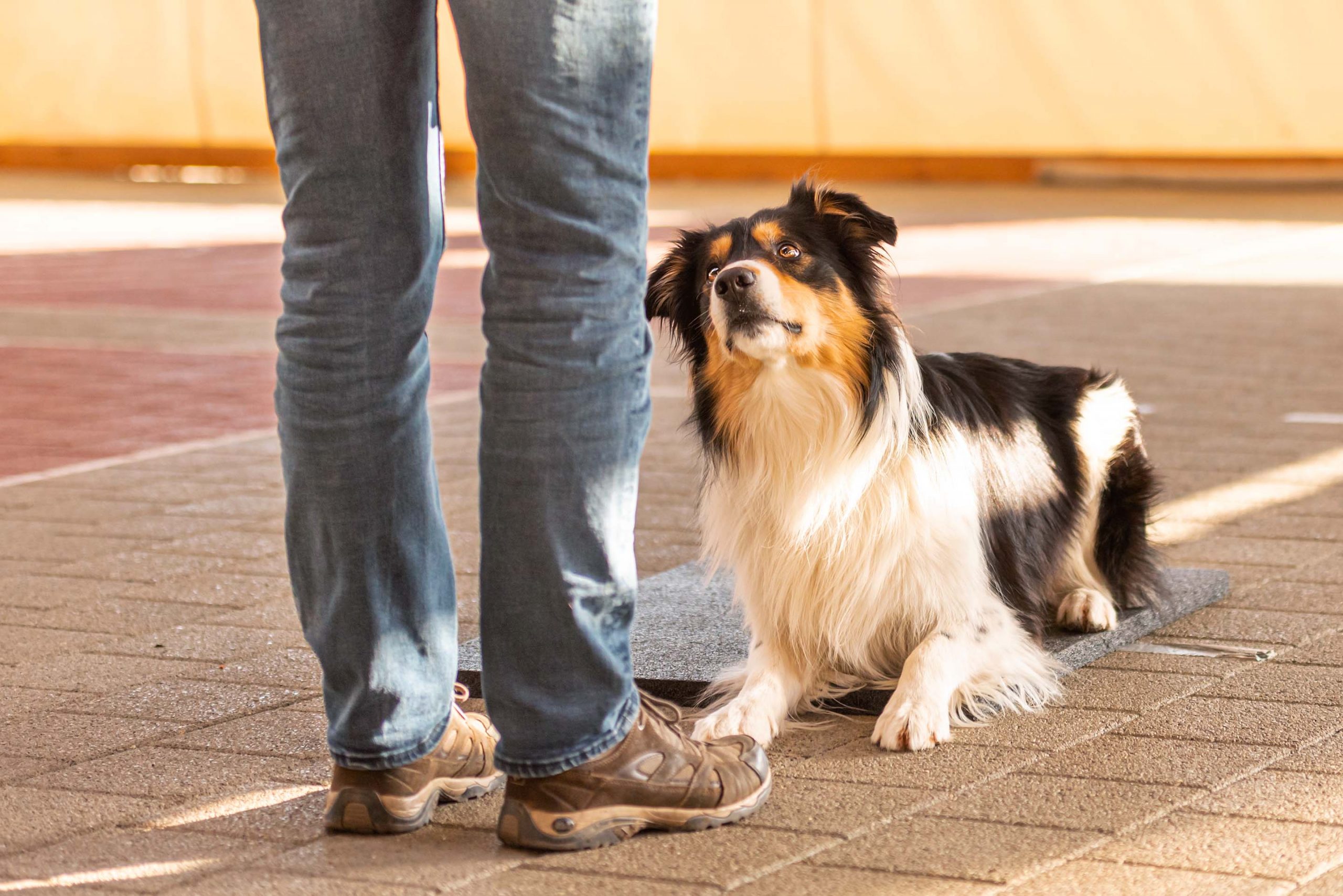Table of Content
- 1. Introduction:
- Tips:
- 1. Daily Routines for Pet Well-being:
- 2. Balanced Nutrition:
- 3. Regular Exercise Regimen:
- 4. Grooming Rituals:
- 5. Positive Reinforcement Training:
- 6. Mental Stimulation Activities:
- 7. Veterinary Care:
- 8. Socialization Opportunities:
- 9. Safe and Comfortable Environment:
- 10. Health Monitoring at Home:
- 11. Emergency Preparedness:
- 12. Patience and Understanding:
- 13. Quality Time Together:
- 14. Documentation and Records:
- 15. Engage with Pet Community:
- 16. Respect Their Space:
- 17. Adapt to Aging Needs:
- 18. Capture and Cherish Memories:
- 19. Continued Education:
- Conclusion
1. Introduction:
Tips:
1. Daily Routines for Pet Well-being:
Craft a consistent daily routine that caters to your pet’s physical and mental needs. From regular feeding times to interactive play sessions, establish a structure that fosters a sense of security and fulfillment for your furry friend.
2. Balanced Nutrition:
Invest time in researching and selecting a balanced and high-quality diet tailored to your pet’s specific needs. Consult with your veterinarian to ensure proper nutrition, maintaining your pet’s overall health and longevity.
3. Regular Exercise Regimen:
Create an exercise routine that aligns with your pet’s energy levels and breed characteristics. Regular walks, playtime, and engaging activities not only contribute to physical health but also strengthen the bond between you and your pet.
4. Grooming Rituals:
Incorporate regular grooming sessions into your routine, catering to your pet’s specific grooming needs. This not only enhances their physical well-being but also provides moments of bonding and relaxation.
5. Positive Reinforcement Training:
Utilize positive reinforcement techniques to reinforce good behavior and teach commands. Reward-based training fosters a positive environment, contributing to a well-behaved and responsive pet.
6. Mental Stimulation Activities:
Challenge your pet’s intellect with mentally stimulating activities. Puzzle toys, interactive games, and training exercises engage their minds, preventing boredom and promoting overall well-being.
7. Veterinary Care:
Prioritize regular veterinary check-ups and vaccinations to proactively monitor your pet’s health. Early detection of potential issues ensures timely intervention and optimal care.
8. Socialization Opportunities:
Expose your pet to diverse environments, people, and animals. Socialization enhances adaptability, reduces anxiety, and contributes to a well-rounded and confident pet.
9. Safe and Comfortable Environment:
Create a safe and comfortable living space for your pet. Provide cozy bedding, secure enclosures, and designated areas for rest, ensuring your pet feels secure and at ease.
10. Health Monitoring at Home:
Conduct regular health checks at home, monitoring your pet’s weight, dental health, and coat condition. Early identification of changes allows for prompt veterinary attention.
11. Emergency Preparedness:
Be prepared for emergencies by having a first aid kit, understanding basic pet first aid, and knowing the location of the nearest veterinary emergency clinic. Prompt action during unforeseen situations can make a significant difference.
12. Patience and Understanding:
Practice patience and understanding as your pet’s unique personality unfolds. Each pet is an individual with distinct needs and quirks. Cultivate a compassionate approach to address challenges and celebrate the joys of companionship.
13. Quality Time Together:
Allocate quality time for bonding with your pet. Whether it’s a leisurely stroll, a cozy cuddle session, or engaging in play, these shared moments strengthen the emotional connection between pet and owner.
14. Documentation and Records:
Maintain organized documentation of your pet’s medical history, vaccination records, and important contact information. Having essential details readily available streamlines veterinary visits and emergency situations.
15. Engage with Pet Community:
Join local or online pet communities to connect with other pet owners, share experiences, and seek advice. Building a support network provides valuable insights and a sense of camaraderie.
16. Respect Their Space:
Recognize when your pet needs personal space and respect their boundaries. Providing a retreat for moments of solitude fosters a sense of security and comfort.
17. Adapt to Aging Needs:
As your pet ages, adapt your care routine to accommodate changing needs. Regular veterinary check-ups become even more crucial, and adjustments to diet and exercise may be necessary for their continued well-being.
18. Capture and Cherish Memories:
Document your pet’s journey with photographs and anecdotes. Creating a visual and written record of your shared experiences ensures lasting memories of your furry friend’s unique personality and adventures.
19. Continued Education:
Stay informed about advancements in pet care, training techniques, and nutrition. Ongoing education enhances your ability to provide the best possible care for your pet, keeping abreast of industry best practices and innovations.
Conclusion
Wrap up this compilation of pro tips with a reflection on the joys and responsibilities of pet ownership. Celebrate the profound bond forged with your furry friend and embrace the ongoing journey of learning, adapting, and creating a life filled with love and happiness.




